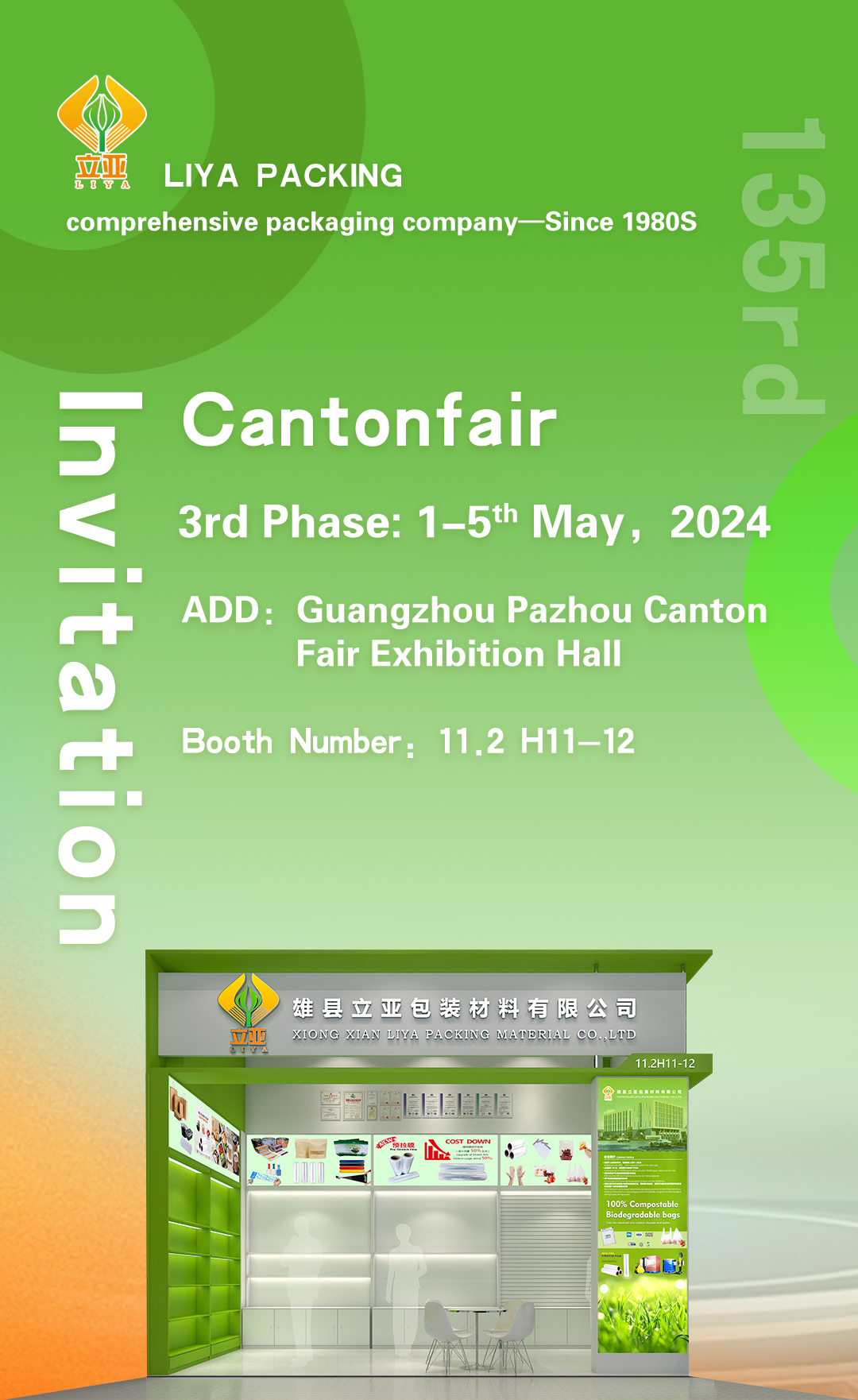pp film
The Importance and Versatility of PP Film
Polypropylene film, commonly known as PP film, is a widely used material known for its versatility, strength, and resilience. Derived from polymerized propylene monomer, PP film has found applications across various industries due to its unique properties. In this article, we will explore the characteristics, applications, and benefits of PP film, showcasing why it continues to be a preferred choice for many manufacturers and consumers alike.
Characteristics of PP Film
One of the most notable features of PP film is its excellent clarity and transparency. This makes it an ideal choice for packaging applications where product visibility is crucial. Additionally, PP film boasts a high tensile strength, enabling it to withstand mechanical stress without tearing. This strength is paired with flexibility, allowing the film to be easily molded into different shapes and sizes to fit various packaging needs.
Moreover, PP film is resistant to moisture, chemicals, and UV light. This chemical resistance ensures that products remain protected from external elements, which is particularly important in food packaging where freshness and hygiene are paramount. Its UV resistance also makes it suitable for outdoor applications, as it can endure exposure to sunlight without degrading.
PP film is also lightweight, which contributes to its cost-efficiency during shipping and handling. This feature, combined with its durability, makes it an economical option for manufacturers looking to reduce packaging waste while maintaining product integrity.
Applications of PP Film
pp film

The versatility of PP film is evident in its diverse applications. One of the primary uses is in the packaging industry, where it is utilized for food packaging, stationery, and consumer goods. In food packaging, PP film provides a barrier against moisture and air, helping to extend shelf life and maintain product quality.
Beyond food packaging, PP film is often used in the production of labels, tapes, and pouches. The clarity and printability of the film make it an excellent choice for creating eye-catching labels and branding materials. Additionally, its lightweight nature and strength are advantageous in tape production, where durability is paramount.
PP film is also commonly used in industrial applications, such as in the manufacture of protective films for electronic devices, windows, and automobiles. The ability of PP film to withstand temperature fluctuations and resist chemical exposure makes it suitable for these demanding environments.
Benefits of Using PP Film
The benefits of using PP film extend beyond its physical properties. From an environmental standpoint, polypropylene is recyclable, which makes it a more sustainable option compared to many other plastic films. With increasing awareness of environmental issues, many companies are turning to recycled PP film options to meet consumer demand for sustainable products.
Additionally, the production of PP film can be tailored to meet specific requirements, such as anti-static or anti-fog properties, depending on the application. This adaptability allows manufacturers to create customized solutions to fit various needs, further enhancing the utility of PP film.
In conclusion, PP film is a remarkable material that plays a crucial role in numerous industries. Its unique characteristics, including strength, flexibility, and resistance to moisture and chemicals, make it an ideal choice for a wide range of applications. As sustainability becomes a more significant concern, the recyclability of PP film adds to its appeal, ensuring that it remains a vital component in the packaging and manufacturing sectors. As innovation continues in the field of polymer technology, the future looks bright for PP film and its many uses.
-
Have the freedom of customizing your custom mailers any way you want! Our dedicated packaging support will help deliver you the mailing experience you need to elevate your shipping experience to the next level! Start making a strong impression on your customers and stand out from your competitors! -
LIYA uses high quality raw materials which directly purchased from large enterprises domestic and overseas such as PetroChina, Sinopec, Sabic, Equate, ExxonMobil, Dow Chemical, Total, and Borouge, ensuring the price advantage and quality of the raw materials. -
LIYA uses high quality raw materials which directly purchased from large enterprises domestic and overseas such as PetroChina, Sinopec, Sabic, Equate, ExxonMobil, Dow Chemical, Total, and Borouge, ensuring the price advantage and quality of the raw materials.





